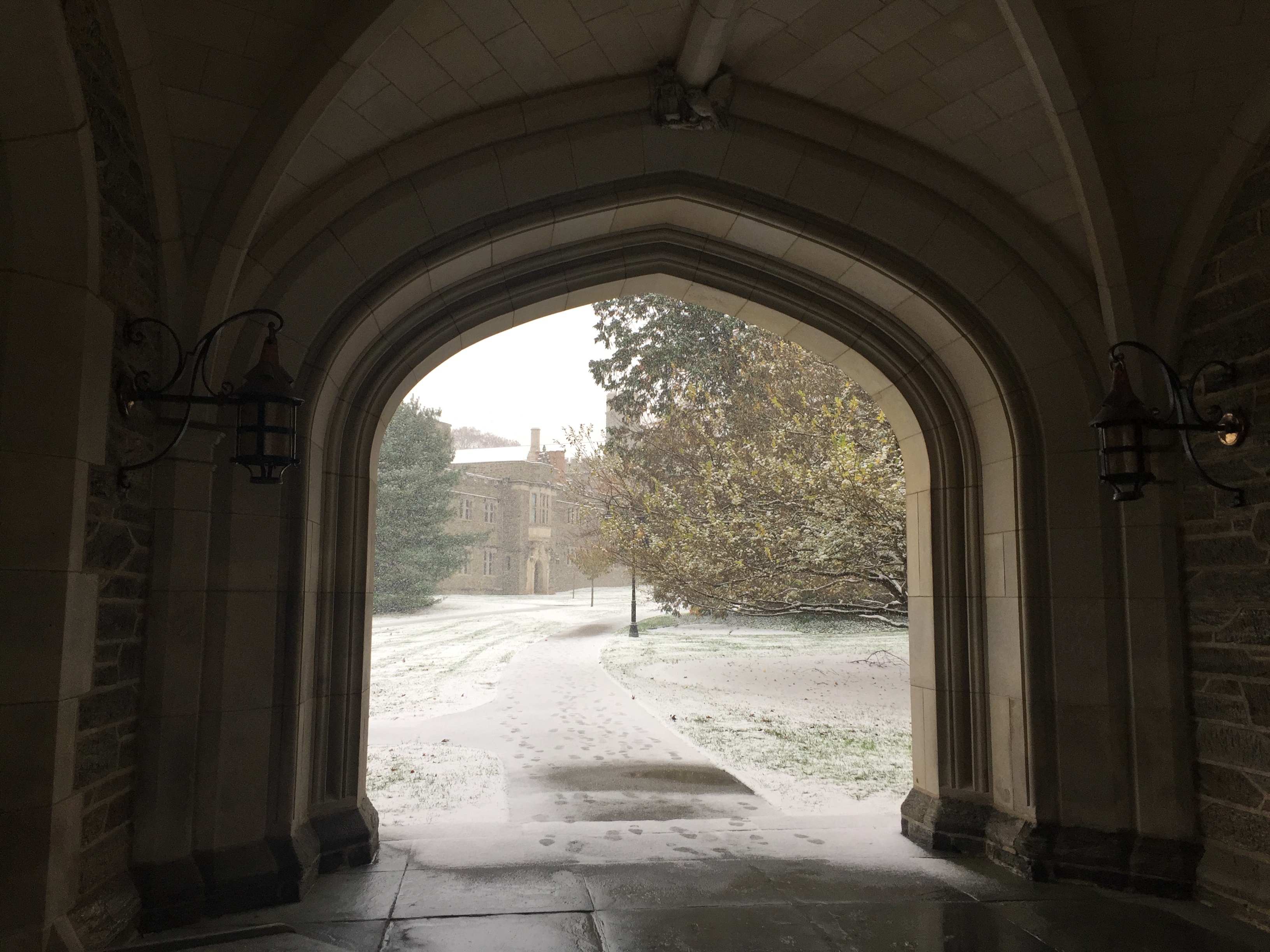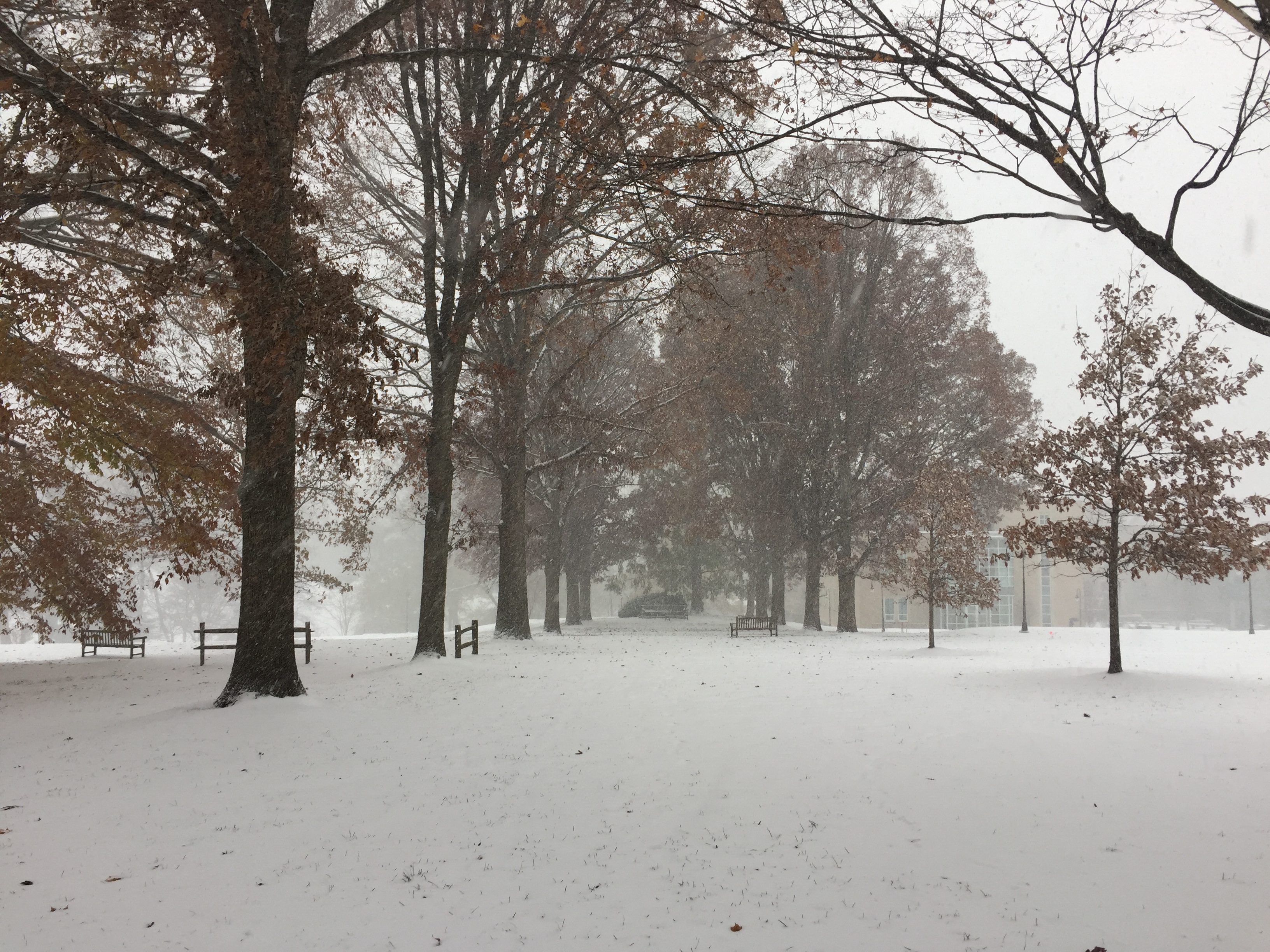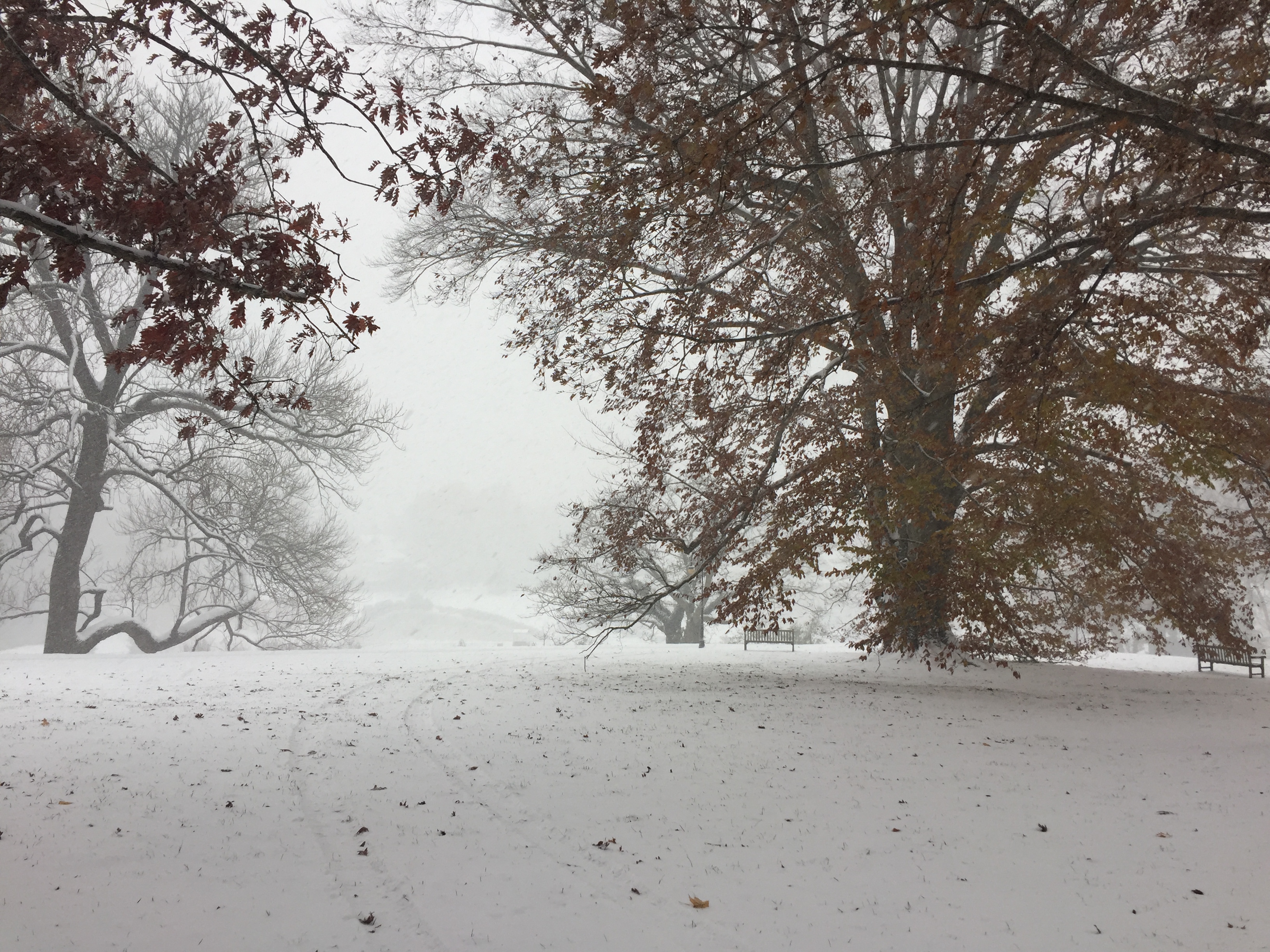 Hello! I’ve been neglecting my blog lately because of the immense amount of academic work that has been taking precedence in my life. Looking back at my planner from the last couple of months, my days don’t seem all that full, but of course I don’t write down all the hours I spend working on projects, reading, and studying. Tomorrow I must turn in my proposal for my senior English thesis. The proposal is the result of a semester’s worth of work. The entire English department faculty will review it, and then decide if it is approved, or if it needs more editing. Then I will be assigned my thesis advisor and we will make a plan for winter break and next semester.
Hello! I’ve been neglecting my blog lately because of the immense amount of academic work that has been taking precedence in my life. Looking back at my planner from the last couple of months, my days don’t seem all that full, but of course I don’t write down all the hours I spend working on projects, reading, and studying. Tomorrow I must turn in my proposal for my senior English thesis. The proposal is the result of a semester’s worth of work. The entire English department faculty will review it, and then decide if it is approved, or if it needs more editing. Then I will be assigned my thesis advisor and we will make a plan for winter break and next semester.



Each Bryn Mawr department handles the senior final project differently. For some, like English, each student is required to write a formal and rigorous thesis, planning the project in the autumn Senior Seminar and then turning in a 30-to-40-page paper in the spring. For other departments, like Spanish, completing the optional thesis gives one the option to receive honors at graduation. Some departments offer seniors the option to complete final projects in other formats. For example, students studying Dance will craft a thesis performance, while History majors have the option to produce a final project in a medium such as an exhibit or a short film.

The view from my carrel this evening

For the English Senior Seminar, we met once a week throughout the semester, each week concentrating on a different topic and turning in assignments that were meant to help us think about different aspects of our projects. For example, one week we researched what other critics have said about our texts and then wrote a short paper summarizing that critical conversation. Later on in the semester we generated lists of “meta-questions” which were meant to help us define our methodology. In other words, through what lens am I viewing my text, and what critical theories would be useful?

This may seem a bit esoteric, or maybe just not interesting to people who don’t study literature. I’m just trying to give you an idea of the work that goes into preparing for a thesis project. It’s been stressful and it’s been hard to juggle my English-major responsibilities—which I would like to give first priority—and all my other classes, which of course I still care about and are still assigning a hefty workload. I’ve been spending a lot of time at my Canaday carrel. I’ve really settled in—there are usually a couple of half-completed crossword puzzles waiting for me, and the haphazard books and papers make the space feel unfussy and comfortable. I even dressed it up a little with a postcard I got over fall break at the Museum of Fine Arts in Boston.




Because I have so much to do, I have also been trying to be more intentional about taking time away from work. The day before the thesis proposal was due we had an unexpectedly heavy snowfall. The snow fell so hard you couldn’t see through it to the end of senior row. My friend and I walked down to the moon bench and marveled at how different everything looked. All we could heard was the zzhhhhhh of the snow filtering through the last stubborn autumn leaves. The denseness of the fog narrowed the limits of the knowable realm, hinted at a transformed world that hovers just beyond the edges of what we can see. I know that underneath the snow the campus is the same as ever, but … suspend your disbelief for a minute: let your child-self imagine someplace mysterious.
“How would you like to live in Looking-glass House, Kitty? I wonder if they’d give you milk in there? Perhaps Looking-glass milk isn’t good to drink—But oh, Kitty! now we come to the passage. You can just see a little peep of the passage in Looking-glass House, if you leave the door of our drawing-room wide open: and it’s very like our passage as far as you can see, only you know it may be quite different on beyond. Oh, Kitty! how nice it would be if we could only get through into Looking-glass House! I’m sure it’s got, oh! such beautiful things in it! Let’s pretend there’s a way of getting through into it, somehow, Kitty. Let’s pretend the glass has got all soft like gauze, so that we can get through. Why, it’s turning into a sort of mist now, I declare! It’ll be easy enough to get through—”
– Through the Looking-Glass, by Louis Carroll

